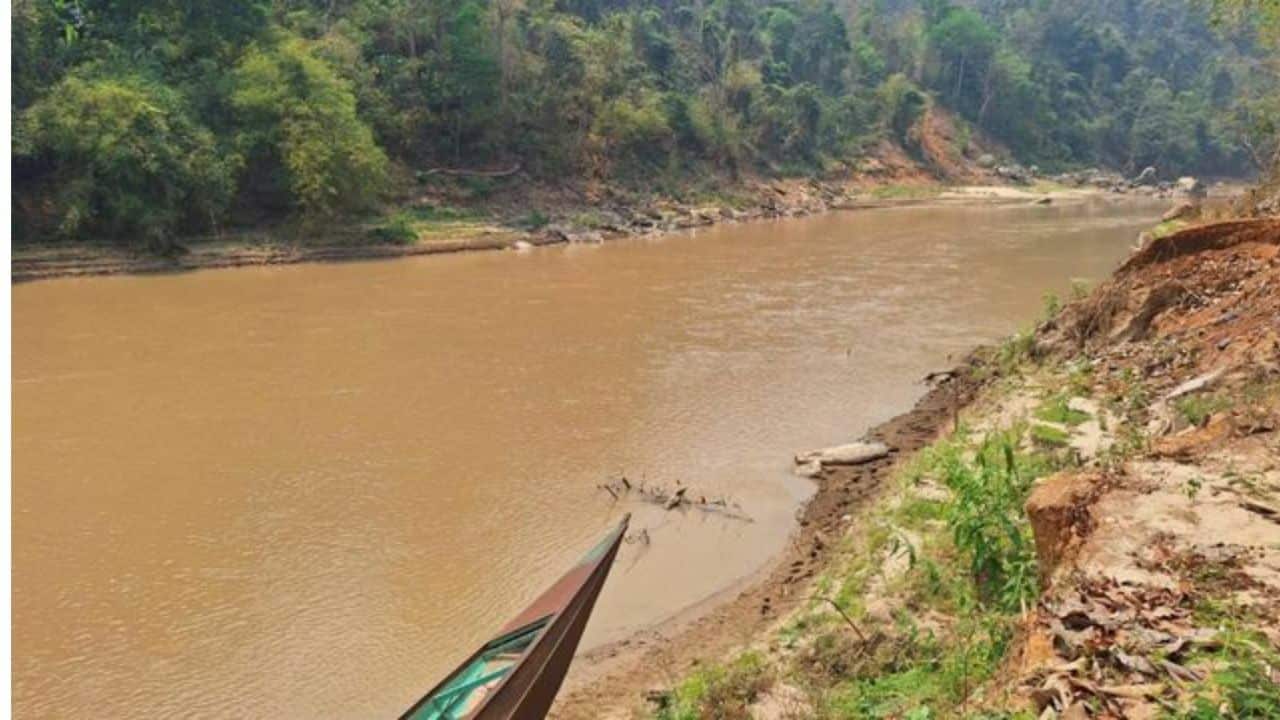Arsenic contamination in Chiang Mai children linked to river fish
Toxic exposure sparks urgent health probe in Thailand

An alarming discovery was made in Mae Ai district, Chiang Mai province, where arsenic levels in two young children were found to exceed normal standards.
This was believed to be linked to fish consumption from the Kok River, which flows from Shan State, Myanmar, into Thailand. The Chiang Mai Provincial Public Health Office conducted tests yesterday, July 7, on four residents from Kaeng Sai Mun village, Mae Ai district, with urine samples collected on May 19.
The results indicated that two children, a 2 year old and a 6 year old, had abnormal levels of arsenic in their bodies. The children reportedly consumed fish from the Kok River regularly. Despite these findings, the health office hesitated to disclose the information, citing concerns about causing public panic.
In addition to arsenic, the Kok River was found to contain lead and manganese above standard levels. However, past investigations primarily focused on arsenic alone. For comprehensive testing, the health office should also consider blood tests for lead and manganese among at-risk groups.
Local leaders and organisations have expressed stress due to provincial and district pressure to downplay the severity of the situation, despite its significant impact on residents’ water, food, and agriculture.
Somdun Uatcharoen, a Chiang Mai MP from the People’s Party, emphasised the need for transparency and urged the government to inform the public promptly. He highlighted the necessity of health checks along the Kok River, particularly for vulnerable groups, and recommended measures for remediation and compensation.
Since March 17, when residents first reported concerns about the river, little progress has been made in addressing the heavy metal contamination linked to mining activities in Shan State.
Arsenic contamination
Opposition MPs, including at least nine members, plan to hold a press conference to discuss the issue and propose solutions. They aim to reassure worried residents that support is available.
Somdun also suggested declaring the Kok River area a disaster zone to facilitate assistance, as many locals currently lack a reliable water supply. Groundwater from 146 wells in the area is deemed unreliable due to potential contamination.
Assistant Professor Dr Satean Chantha from the Faculty of Science and Technology at Chiang Rai Rajabhat University stressed the importance of transparency in revealing test results. He argued that concerns about public panic should not justify withholding information, as residents have the right to know and manage their lives accordingly.
Government agencies must urgently develop comprehensive risk management plans across the health, agriculture, and fisheries sectors, rather than conceal information due to political pressures, reported KhaoSod.
Latest Thailand News
Follow The Thaiger on Google News:


























